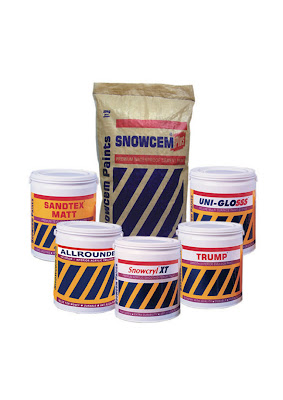Fallingwater, one of Frank Lloyd Wright's most widely acclaimed works, was designed in 1936 for the family of Pittsburgh department store owner Edgar J. Kaufmann.
The key to the setting of the house is the waterfall over which it is built. The falls had been a focal point of the Kaufmann's activities, and the family had indicated the area around the falls as the location for a home. They were unprepared for Wright's suggestion that the house rise over the waterfall, rather than face it. But the architect's original scheme was adopted almost without change.
Completed with a guest and service wing in 1939, Fallingwater was constructed of sandstone quarried on the property and was built by local craftsmen. The stone serves to separate reinforced concrete "trays", forming living and bedroom levels, dramatically cantilevered over the stream. Fallingwater was the weekend home of the Kaufmann family from 1937 until 1963, when the house, its contents, and grounds were presented to the Western Pennsylvania Conservancy by Edgar Kaufmann, jr. Fallingwater is the only remaining great Wright house with its setting, original furnishings, and art work intact.
In 1986, New York Times architecture critic Paul Goldberger wrote: "This is a house that summed up the 20th century and then thrust it forward still further. Within this remarkable building Frank Lloyd Wright recapitulated themes that had preoccupied him since his career began a half-century earlier, but he did not reproduce them literally. Instead, he cast his net wider, integrating European modernism and his own love of nature and of structural daring, and pulled it all together into a brilliantly resolved totality. Fallingwater is Wright's greatest essay in horizontal space; it is his most powerful piece of structural drama; it is his most sublime integration of man and nature."






No comments:
Post a Comment